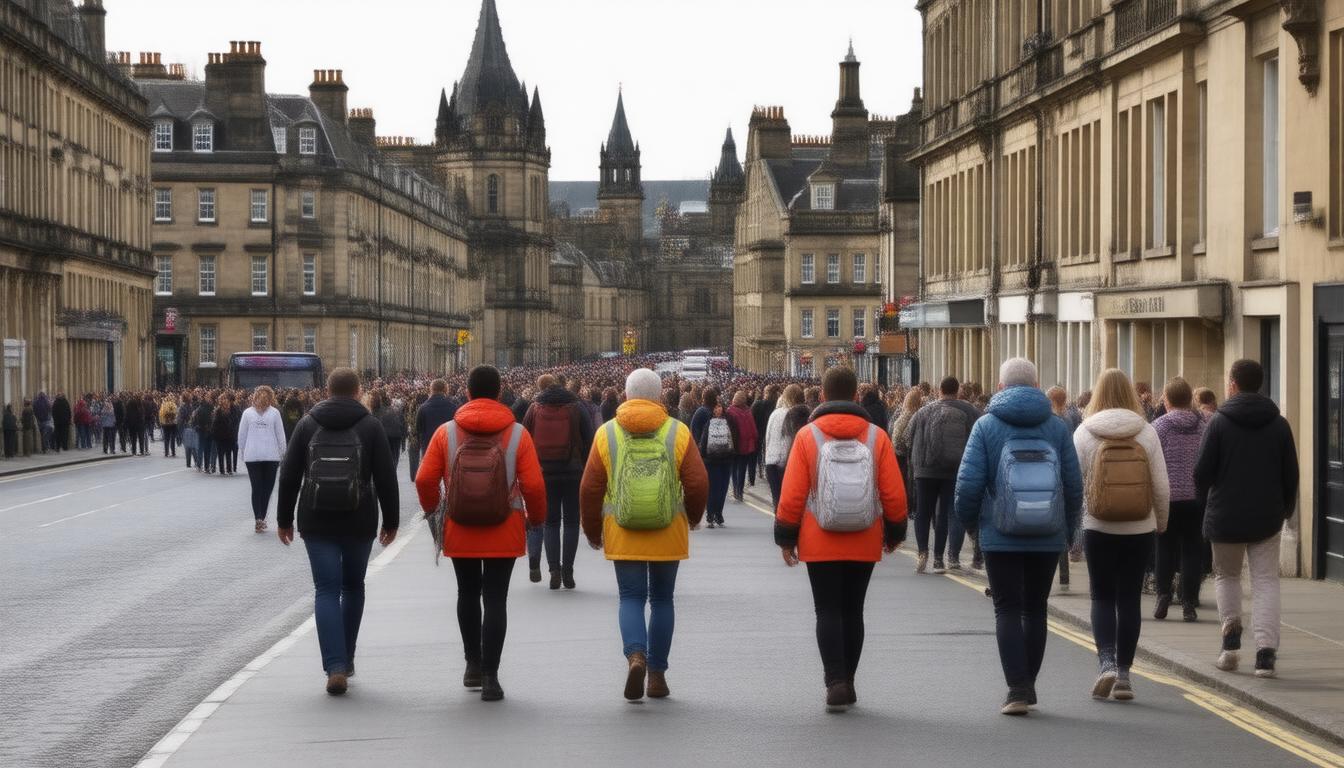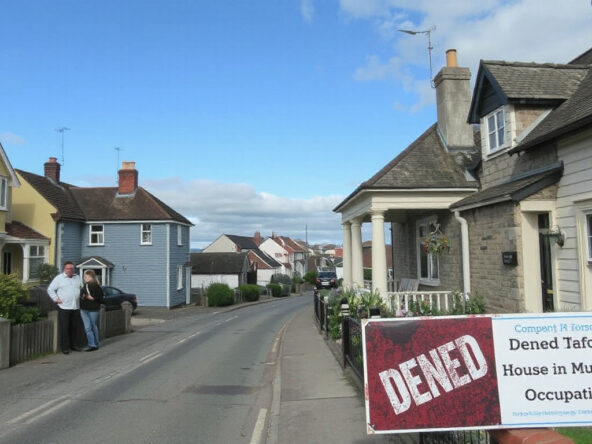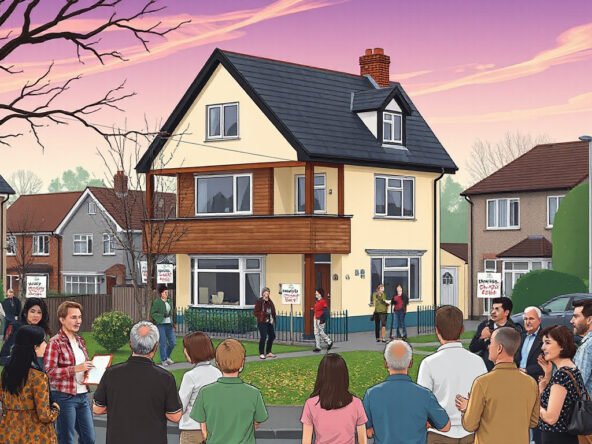In response to the ongoing housing crisis, the City of Edinburgh Council is taking decisive measures to remove homeless residents from over 700 unlicensed rooms across 30 properties. These actions emerge from increasing pressure from shelter charities and local officials regarding the inadequacy of suitable accommodations for the growing homeless population in the city. Properties falling under the category of Houses in Multiple Occupation (HMO), which typically accommodate three or more individuals from separate households sharing common facilities, have drawn scrutiny for not meeting legal regulations.
Key Takeaways
- Edinburgh Council is relocating homeless residents from over 700 unlicensed properties by December.
- The housing crisis has worsened due to high private rents and insufficient investment in social housing.
- The council aims to find compliant temporary housing solutions while encouraging unlicensed landlords to obtain necessary licenses.
The Housing Crisis in Edinburgh: An Overview
The recent initiative by the City of Edinburgh Council to address the serious housing crisis highlights the urgency and complexity of homelessness in the capital. In response to alarming reports that over 700 homeless individuals are currently sheltered in unlicensed rooms across 30 properties that violate Houses in Multiple Occupation (HMO) regulations, the council has pledged to relocate these residents by early December. The decision follows increasing pressure from advocacy groups and local councillors who have noted the shortage of appropriate accommodations necessary to meet the needs of the rising number of homeless applicants in the area (Scottish Government, 2024). In this context, an HMO is defined as a residential setting accommodating three or more tenants from different households, sharing essential facilities such as bathrooms and kitchens.
The urgency of the council’s move comes on the heels of criticisms from Gordon MacRae, Chief Executive of Shelter Scotland, who pointed out that despite declaring a housing emergency more than a year ago, the situation has steadily declined due to inadequate investment in social housing (Shelter Scotland, 2024). Cllr Jane Meagher, Edinburgh’s housing convener, acknowledged the contributing factors to this crisis, including soaring private sector rents and insufficient funding from the Scottish Government aimed at alleviating homelessness (Edinburgh Evening News, 2024).
To resolve the immediate issue, the council’s strategy encompasses several key actions, including the urgent evacuation of residents from these unlicensed setups and a commitment to find compliant temporary housing solutions. Plans involve utilising available council housing stock more effectively, accelerating the maintenance of vacant homes, incentivising unlicensed landlords to obtain necessary licenses, and partnering with registered social landlords to ensure that housing allocations remain available for those in greatest need (Living Rent, 2024). Eilidh Keay from Living Rent has been vocal about the persistent failures of the council, urging greater accountability for previous decisions that have led to such inadequate housing conditions for vulnerable populations.
Council’s Response and Future Plans for Homeless Residents
Looking ahead, the City of Edinburgh Council aims to implement a comprehensive strategy that not only addresses immediate needs but also lays the groundwork for sustainable solutions to the ongoing homelessness crisis. The council’s future plans involve the enhancement of support services for homeless individuals, incorporating mental health and addiction support to ensure that placements in compliant accommodations are stable and effective (Scottish Government, 2024). Additionally, the council is considering innovative housing solutions, such as modular homes, which could be rapidly deployed to provide transitional housing while permanent solutions are developed. This approach, proponents argue, can significantly reduce the pressure on the existing housing stock and provide homeless residents with a quicker pathway to long-term stability (Edinburgh Evening News, 2024). Furthermore, community engagement will be central to these plans, with the council seeking input from local residents and service users to create a more inclusive and tailored response to homelessness in Edinburgh (Living Rent, 2024). As the council embarks on this multi-faceted approach, it will be crucial to maintain transparency and accountability to rebuild trust within the community and ensure that the needs of the most vulnerable populations are prioritised.




